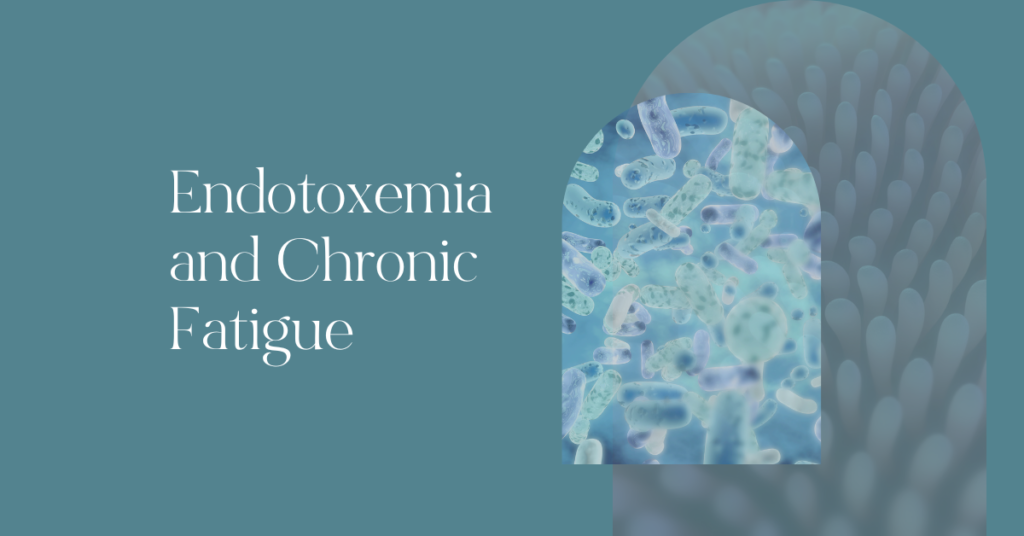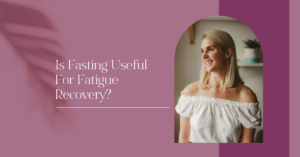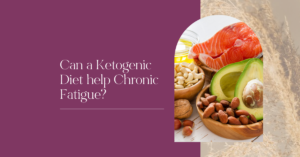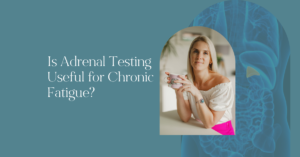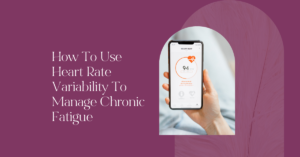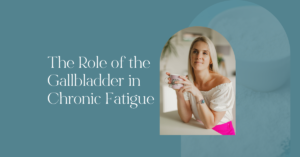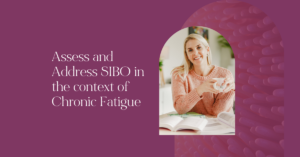When addressing complex and chronic illness like chronic fatigue, there can be a complex web of physiological imbalances that need to be unravelled. Endotoxemia may be part of this web for some people who are experiencing fatigue.
I shared in my previous blog on Malabsorption Syndromes, how this was something that I screened myself for in my own journey recovering from Chronic Fatigue Syndrome and Mould illness. Fortunately, my test results came back negative and I suspect I would have felt even worse than I already did if I had tested positive.
The purpose of this blog is to unpack the concept of endotoxemia and how it can contribute to chronic fatigue and symptoms associated, especially chronic pain syndromes.
What is Endotoxemia?
Endotoxemia, also known as endotoxinemia, is a medical condition characterised by the presence of endotoxins, also known as lipopolysaccharides (LPS), in the bloodstream.
Endotoxins are components of the outer membrane of certain types of bacteria, primarily gram-negative bacteria. Under certain situations (see the next section on intestinal permeability) endotoxins can be released into the bloodstream when the bacterial cells are damaged or destroyed, such as during infections, bacterial lysis, or even medical procedures.
Endotoxins can bind to the receptors in the body known as toll-like receptors (TLRs). This triggers a series of immune responses one of the most important being the activation of NF-κB (nuclear factor kappa-light-chain-enhancer of activated B cells).
NF-κB is involved in turning on pro-inflammatory signals in the body, specifically the cytokines, IL-1 (interleukin-1), IL-6 (interleukin-6) and tumour necrosis factor-alpha (TNFɑ). These cytokines turn on inflammatory responses across the whole body, escalating inflammatory symptoms. In extreme cases this can result in the development of conditions like sepsis or septic shock.
Extreme Symptoms of Endotoxemia
- Fever
- Chills
- Rapid Heart Rate
- Low Blood Pressure
- Confusion
- Signs of systemic inflammation
Someone displaying these symptoms should be encouraged to seek medical advice to prevent septic shock and associated complications. However, there can be more subtle signs of endotoxemia that may not always be associated with the condition.
Subtle Symptoms of Endotoxemia
- Chronic pain
- Chronic constipation
- Mood and appetite disorders
- Depression
- Cognitive decline
- Anxiety
- Chronic fatigue
- Brain Fog
- Autoimmunity
- Low testosterone
- Parkinson’s
- Liver inflammation
- Inflammatory obesity
- Insulin resistance
- Neuroinflammation and associated cognitive symptoms
What is Intestinal Permeability?
Intestinal permeability, often referred to colloquially as “Leaky Gut Syndrome”, describes a state in which the intestinal lining is more permeable than normal. This can result in additional health challenges such as food sensitivities, autoimmunity, malabsorption syndromes and changes in the gut microbiome. In the context of endotoxemia and chronic fatigue, a permeable intestinal membrane means that LPS can translocate into the bloodstream and activate a systemic inflammatory response.
There are two types of intestinal permeability:
- Transcellular: permeability through cells
- Paracellular: permeability between cells
Because transcellular permeability ultimately results in damage to the cells, there is greater destruction of the intestinal membrane and greater potential for inflammation.This is the type of permeability that is observed in autoimmune conditions such as celiac disease whereby exposure to gluten causes such an intense inflammatory reaction that the cells of the intestines are destroyed. This can also be the case when there is a significant gastrointestinal infection.
Therefore, the worst case scenario would be to have a combination of transcellular permeability and endotoxemia due to a dysbiotic gut environment.
How do you screen for Endotoxemia and Intestinal Permeability?
The best test to screen for whether or not this could be a concern in the case of chronic fatigue is the Cyrex Array 2 which retails at about $267 and would need to be ordered through an appropriately trained practitioner. You will see zonulin as an option on some stool tests but this tends to be an unreliable marker and cannot distinguish between trans- or paracellular autoimmunity and confirm endotoxemia.
The following is an example of array 2 from a client presenting with chronic neuropathic pain.
The test can be interpreted as follows:
- Actomyosin tests for transcellular permeability – the most destructive
- Occludin and Zonulin Antibodies test for paracellular permeability
- These in conjunction with a positive result for LPS suggest endotoxemia
In this example, there was paracellular permeability with elevated LPS, endotoxemia, which would have been a contributing factor to this client’s neuropathic pains syndrome.
What do you do if you test positive?
The short answer to this question is:
- Restore membrane permeability
- Address the bacteria balance within the gut to reduce LPS
However, in the context of chronic and complex illness, this may be easier said than done.
Factors Influencing Membrane Permeability
All of the following factors will need to be interpreted and addressed in a way that is relevant to the case.
- Diet; alcohol, gluten, casein, processed foods, excess sugars, fast food
- Stress
- Infections; h.pylori, bacterial overgrowth, intestinal viruses, parasitic infection
- Blood sugar imbalances and having a high HB1AC
- Oxidative Stress and Intestinal Inflammation
- Autoimmunity
- Hormone imbalances; hypothyroid, low progesterone, oestrogen and testosterone
- Poor blood flow and oxygenation, sleep apnea, asthma, anaemia
- Medications; steroids, antibiotics, ant-acids and xenobiotics
- Brain trauma, stroke and neurodegeneration
Supplements for Addressing Intestinal Permeability
- Short Chain Fatty Acids (SCFA)
- L-glutamine
- Vitamin D
- Bone Broth
- Probiotics
- DGL
- Marshmallow Extract
- Slippery Elm
Addressing the Endotoxemia
Endotoxemia can be addressed by addressing the overall balance of bacteria in the gut. This may also require an individual approach depending on the case. As we work on digestive function we want to consider the whole gastrointestinal system and not just the bacterial overgrowth. These are all factors to consider in a case specific manner.
| Brain | Adequate vagal tone |
| Chewing | 30-40 chews per mouthful |
| Swallowing | No problems with swallowing |
| Stomach | Adequate stomach acid |
| Small Intestine | Adequate enzyme production and malabsorption syndromes |
| Gallbladder | Ability to produce, secrete and reabsorb bile acids. |
| Colon | Microbiome diversity and short chain fatty acid production |
For the endotoxemia specifically, the following approach may be beneficial:
| Nutraceuticals to Intestinal Bacterial Overgrowth | Nutraceuticals for Intestinal Parasites | Biofilm Disruptors | Mucosal Immune Support |
| Barberry Oregano Goldenseal | Wormwood Black Walnut Olive Leaf Garlic | NAC Trypsin Nattokinase Serratiopeptidase Ginger Curcumin Green Tea | ADEK Essential Fatty Acids L-glutamine Glutathione DGL Gamma Oryzanol Marshmallow Root Slippery Elm |
Complex Cases
There may be some cases where individuals are unresponsive and intestinal permeability may be an ongoing challenge. In which case, constant care will need to be taken to maintain a healthy gut environment to prevent endotoxemia. Such cases may include autoimmunity where there is significant damage already to the microvilli of the small intestine or neurodegeneration where there is permanent generation of the gut-plexus and enteric nervous system.

